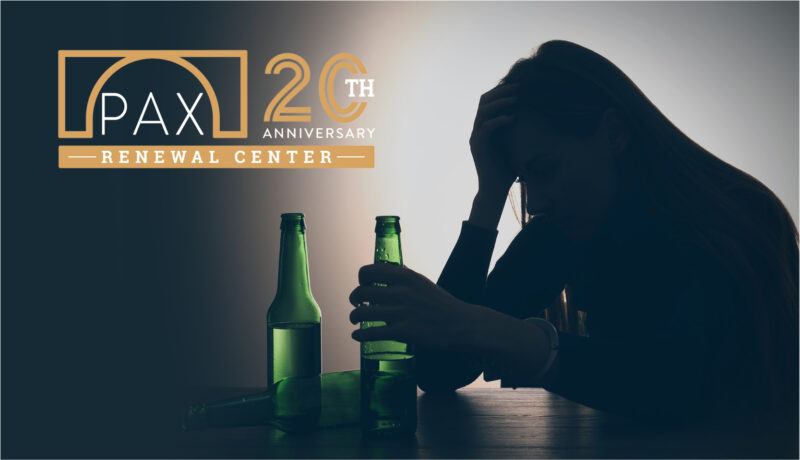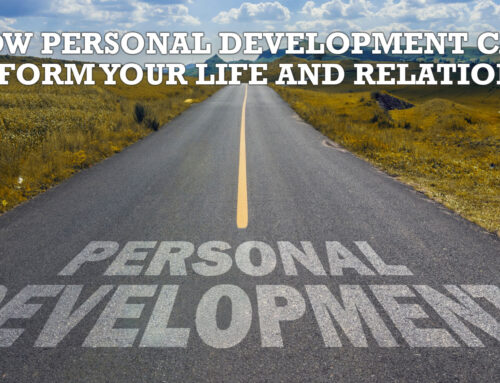Since April was Alcohol Awareness Month, I feel now is the perfect opportunity to share with you why it is vital to bring awareness to the impact alcohol use disorders have on the user and those around them.
Addiction is disordered attachment.
First and foremost, it is important to note that there is a level of addiction with alcohol use disorders. At its core, addiction is a disordered attachment to something. In this case, we are talking about alcohol addiction, but a person can form an addiction to anything: drugs, food, relationships – the list is endless.
Who is in control?
I see the effects addiction has on people and their relationships on a regular basis. Alcohol is deeply rooted in Southern culture, especially in Louisiana. I’ve lived and worked in Lafayette for over 20 years, and in that time, I’ve seen alcohol addiction ruin good relationships, destroy people’s ability to maintain good jobs, and tear families apart. In all these cases, alcohol is in control.
Alcohol itself is not the problem. What becomes the problem is how it affects our relationships with others and with God.
The aftermath can be just as bad.
Alcohol is a depressant, and in many cases, the negative effects occur after the buzz wears off. When you’re inebriated, you don’t feel depressed – you may feel quite the opposite. However, after it wears off, alcohol affects brain functioning, kills brain cells, and slows brain processing, and that is when you feel depressed.
To cope with this depression, many people will just keep drinking. That’s when people find themselves in a loop of alcohol dependency they can’t escape.
Overall, any sort of unhealthy attachment is going to negatively affect our lives and relationships.
Is your relationship with alcohol getting in the way of your life?
This can be a hard question for some to answer, but I urge you to sit and reflect on your answer. If someone said you had to stop drinking, could you do it? Would you still be able to go about your daily life without alcohol? If you are unsure of your answer, I encourage you to keep reading.
How ready are you for change? Is alcohol keeping you stuck, or is it allowing you to live your best life?
To make a change in your life, it is important to note what Stage of Change you’re in.
The Stages of Change
There are five stages in the Stages of Change Model, but I find these three are the most common stages people fall into when determining what stage they are in: the Precontemplation Stage, Contemplation Stage, and Action Stage.
The Precontemplation Stage
When a person is in the Precontemplation Stage, they are not seeking to make changes in their life. They may be aware of the problem but feel like they have it under control enough to not need to make any changes. A person in the Precontemplation Stage may acknowledge they are a heavy drinker or joke about how much they drink, but they don’t view it as a hindrance to their life.
The Contemplation Stage
I find most people stuck in the Contemplation Stage. These people want to make a change in their life, they just don’t know where to start. They know they should, but there is no strong driving factor pushing them to make the change. A person in the Contemplation Stage may understand there is a problem and have thought about what their life would look like if they made those changes, but they haven’t taken that next step toward change.
This is where I ask my clients: how many of your “shoulds” become “musts?”
For example, someone saying “I should go on a diet because I could lose a couple of pounds” probably won’t. But, someone saying “I must go on a diet or else I won’t survive surgery” knows they must make that change or face fatal consequences.
When there is a “must,” there is a compelling reason for a person to transition from the Contemplation Stage to the Action Stage.
The Action Stage
People in the Action Stage are ready to make the changes they’ve been contemplating in the Contemplation Stage. When you reach the point where you’ve identified your “must,” you are ready to take action for change.
Taking action can look like asking for help, contacting a counselor, or attending an AA meeting. If you are ready to take action but are unsure how, the team of counselors at Pax is here to help you take action and take control of your life.
Takeaways
I encourage you to take some time to reflect. What are you attached to? Is it alcohol, or something else in your life? Is there anything you are so attached to that if you had to give it up, you’d be uncomfortable? If giving up something would drastically change your life, that attachment may be worth exploring further.
To learn more about Pax Renewal Center, or to schedule an appointment with one of our team members, visit paxrenewalcenter.com or call us at 337-993-1960





